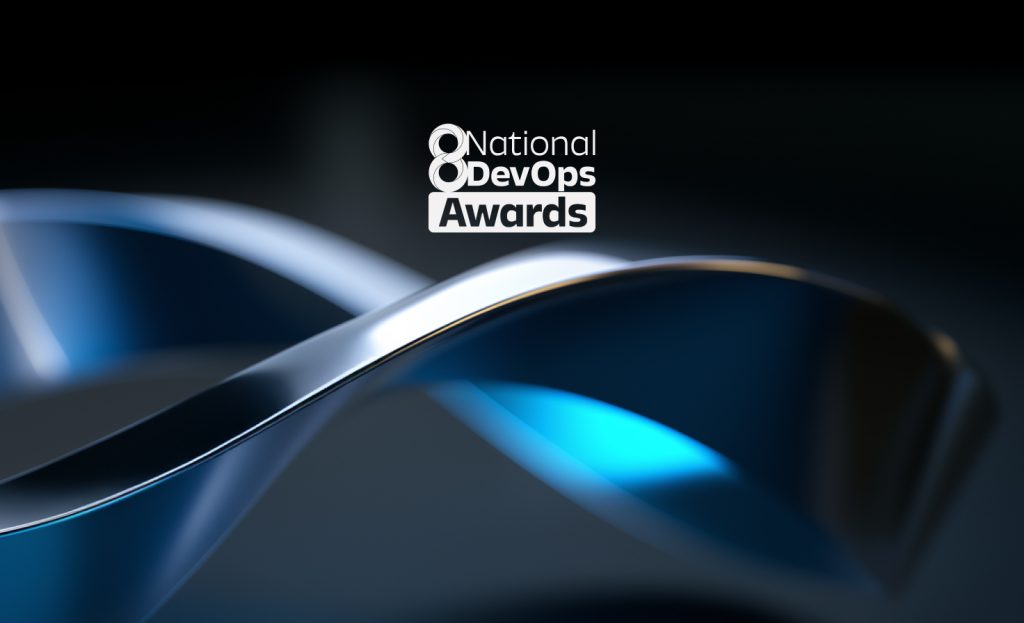In today’s fast-moving QA world, certifications have evolved beyond traditional testing principles. They now include modern competencies like AI-assisted testing, code generation tools, and understanding how automation integrates with intelligent systems.
We spoke with Ostap Elyashevskyy, Test Automation Competence Manager, who has completed the GitHub Copilot Certification, ISTQB GenAI in Testing (CT-GenAI), and ISTQB AI Testing (CT-AI). Ostap shares his insights and overview of three certifications that every forward-looking tester should consider.
Can you explain what GitHub Copilot certification entails?
The GitHub Copilot Certification focuses on how to effectively use AI-assisted coding tools in real development and testing workflows. It doesn’t teach you testing theory but helps you understand how to boost productivity with generative AI. You learn how to guide Copilot prompts, evaluate AI-generated code, and configure it for different environments, including setup steps, license management, and workspace configurations.
For test engineers, this certification shows how to write faster and smarter automation scripts, generate boilerplate code, and even experiment with AI-driven test generation. This certification is relatively light in terms of complexity, ideal for testers who want a quick win and a practical skill they can apply immediately.
What is the focus of the ISTQB GenAI in Testing certification?
The GenAI in Testing certification is a great step forward for QA professionals who want to understand how generative AI models are used across the testing lifecycle. It covers AI fundamentals, LLMs, prompt engineering, and their practical applications in test case design, test data generation, and defect analysis.
This certification helps you see how artificial intelligence can support testers, not replace them. It also provides a framework for evaluating AI-generated outputs, an essential skill when AI starts writing or suggesting test scripts. The exam includes practical examples and discussions about ethics, explainability, and reliability of AI tools.
In terms of difficulty, it’s moderately more conceptual than Copilot, but accessible to anyone with test automation experience.
How is the ISTQB AI Testing certification different?
ISTQB AI Testing is the most advanced among these three. It goes deeper into how AI systems themselves should be tested, focusing on model validation, bias detection, data quality, and AI-specific failure modes. This certification is highly relevant for testers working in AI-driven or ML-heavy products, where understanding the behaviour of intelligent systems is crucial.
It covers key concepts essential for testing AI-based systems, including black-box vs. white-box AI testing approaches, validation of machine learning models, and techniques for identifying underfitting and overfitting. The certification also addresses reinforcement learning testing principles, model transparency and explainability (XAI), data integrity and bias detection, and verification and validation of non-deterministic or probabilistic outputs.
Participants learn how to adapt classical test design techniques to AI contexts and to define appropriate test oracles for evolving or opaque models.
In short, it’s a bridge between software testing and data science, a demanding but rewarding learning curve. It was the most complex certification, as the questions were tricky and many options seemed correct, but only one was the right answer.
How do these certifications rank in complexity?
Based on my experience, here’s how I’d rank these certifications from easiest to most advanced:
- GitHub Copilot Certification is beginner-friendly, hands-on, and practical.
- ISTQB GenAI in Testing is conceptual and structured, with moderate depth.
- ISTQB AI Testing is complex, technical, and ideal for those working directly with AI systems.
What tips do you have for testers getting started?
If you’re just starting to explore AI in QA, begin with Copilot. It gives instant value and builds confidence in AI-assisted testing. Then move to ISTQB GenAI in Testing to understand the theory, ethics, and methodologies behind AI use in software development and quality assurance.
Finally, consider ISTQB AI Testing once you’re ready to go deeper into testing intelligent systems. AI is becoming a daily companion in testing, and the right certifications can help testers transition from manual executors to strategic AI-enabled professionals.

FAQs
The 4 levels of software testing are:
- Unit testing – Tests individual components or modules of the software for correctness.
- Integration testing – Checks if different modules or services work together as expected.
- System testing – Validates the complete and integrated software system against the specified requirements.
- Acceptance testing – Ensures the software meets business requirements and is ready for delivery to the end user.
To become an AI/QA tester:
- Learn the basics: Understand software development, QA principles, and testing methodologies.
- Acquire technical skills: Gain knowledge of programming (Python, Java, etc.), automation tools (Selenium, Appium), and AI concepts if focusing on AI testing.
- Practice testing: Work on real projects, write test cases, and perform manual and automated testing.
- Get certified: Certifications like ISTQB, AI/ML basics, or specialized QA certifications can boost credibility.
- Apply for roles: Look for QA or AI testing positions and gradually gain experience in testing AI-driven applications.
Related insights








The breadth of knowledge and understanding that ELEKS has within its walls allows us to leverage that expertise to make superior deliverables for our customers. When you work with ELEKS, you are working with the top 1% of the aptitude and engineering excellence of the whole country.

Right from the start, we really liked ELEKS’ commitment and engagement. They came to us with their best people to try to understand our context, our business idea, and developed the first prototype with us. They were very professional and very customer oriented. I think, without ELEKS it probably would not have been possible to have such a successful product in such a short period of time.

ELEKS has been involved in the development of a number of our consumer-facing websites and mobile applications that allow our customers to easily track their shipments, get the information they need as well as stay in touch with us. We’ve appreciated the level of ELEKS’ expertise, responsiveness and attention to details.

